TWENTY years after his iconic stand against racism in football, Nicky Winmar is saddened that players are still subject to occasional racial abuse at games.
Winmar returned to Victoria Park on Monday for the launch of this year's Indigenous Round. It was at Collingwood's former home ground 20 years ago that in front of an abusive crowd Winmar lifted his St Kilda jumper defiantly, pointed to his bare chest and declared, "I'm proud to be black".
Winmar and former teammate Gilbert McAdam, who joined him at Victoria Park on Monday, were subjected to repeated racial abuse from the crowd on that Saturday afternoon back in round four, 1993.
It had started from the moment they walked out onto the ground during the half-time break in the reserves game.
Winmar told reporters on Monday the AFL had done much to tackle racism on and off the field since then, but said it was sad indigenous players such as Lance Franklin, Daniel Wells and Lindsay Thomas, and players with African heritage such as Joel Wilkinson and Majak Daw, had been racially abused in recent years.
"It shouldn't have happened. Supporters are very supportive of their team, they don't like seeing their team lose," Winmar said.
"They don't like … maybe indigenous players playing well.
"I played for the Western Bulldogs and two of [their supporters] got thrown out of the ground [in round seven this year] for their comments on young Daw.
"Just go to the game, sit back, relax and enjoy it no matter what colour or culture you are.
"Go and enjoy yourself, that's what it's all about."
Winmar, who played 230 games for the Saints from 1987-98 and 21 games for the Western Bulldogs in 1999, said he was "very proud" of the stand he made at Victoria Park.
But he stressed former Essendon champion Michael Long deserved just as much recognition for being one of the trailblazers in the fight against racism in the AFL.
It is sobering to think Winmar's iconic gesture might not lived on beyond the memories of those who witnessed it at Victoria Park that day.
If not for then-Sunday Age photographer Wayne Ludbey, that would have been the case.
Winmar's gesture was not captured by television cameras and Ludbey only had his camera trained on Winmar at the fateful moment because he had been one of the best players on the ground.
Ludbey, who was also at Victoria Park on Monday, said it had taken him an hour to convince then-Sunday Age editor Bruce Guthrie to run his Winmar photo on the front page of the paper the next day.
"If you can visualise John McEnroe at his very worst, it was me," Ludbey said.
"I was appealing to the umpire ... I was determined it needed to be recorded and it needed to be recorded in the mainstream media.
"It was a really significant moment that I just couldn't let go."
Winmar was "pretty emotional" when he saw Ludbey's photo the day after the game, but has since given the 20 copies he had to family members.
When McAdam spoke on Monday he was quick to light-heartedly remind Winmar who was best on ground against the Magpies all those years ago, producing the Brownlow Medal voting slip that read G. McAdam three votes, N. Winmar two votes.
More seriously, McAdam recalled his discussion with Winmar in the Victoria Park changerooms after their pre-game walk on the ground.
"I just remember saying to Nick, 'Brother, we don't have to put up with this. Today, when we out there we'll kill them. We'll run amok today. We'll get best on ground both of us,'" McAdam said.
"And, coincidentally, that's what happened."
After the match, McAdam did not see Winmar's gesture to the crowd, having gone to celebrate with the St Kilda cheersquad.
But the significance of Winmar's actions was not lost on him.
"That photo meant more to me than the way I played," McAdam said.
Winmar has not enjoyed good health since suffering a heart attack last September.
But despite medication that leaves him tired, a reluctance to leave his home state of Western Australia and a fear of flying, Winmar was glad to be in Melbourne ahead of Indigenous Round.
With current Essendon ruckman Patrick Ryder looking on, Winmar said the current batch of 67 AFL indigenous players – there were 19 in 1993 – represented their people well.
"I'm proud of these boys, the way they're playing at the moment," Winmar said.
"They're great ambassadors for the other kids coming through. They are the next generation and these guys can look up to them (and say), 'I want to be like Paddy Ryder, I want to be like Buddy Franklin.'"

